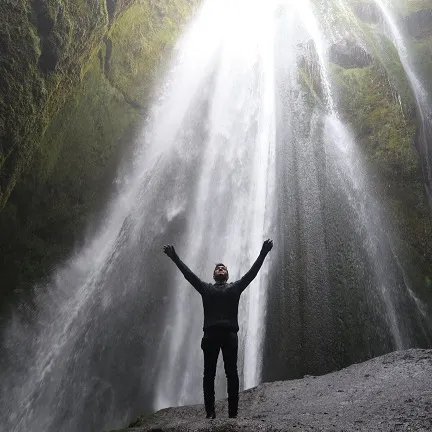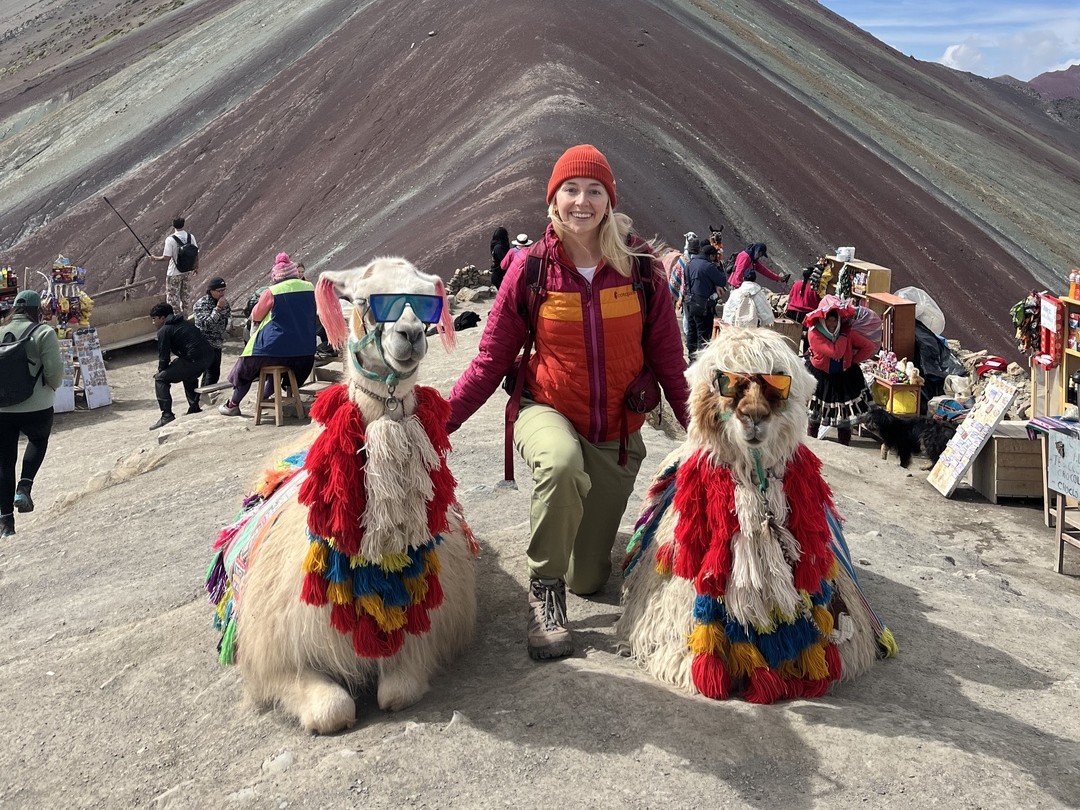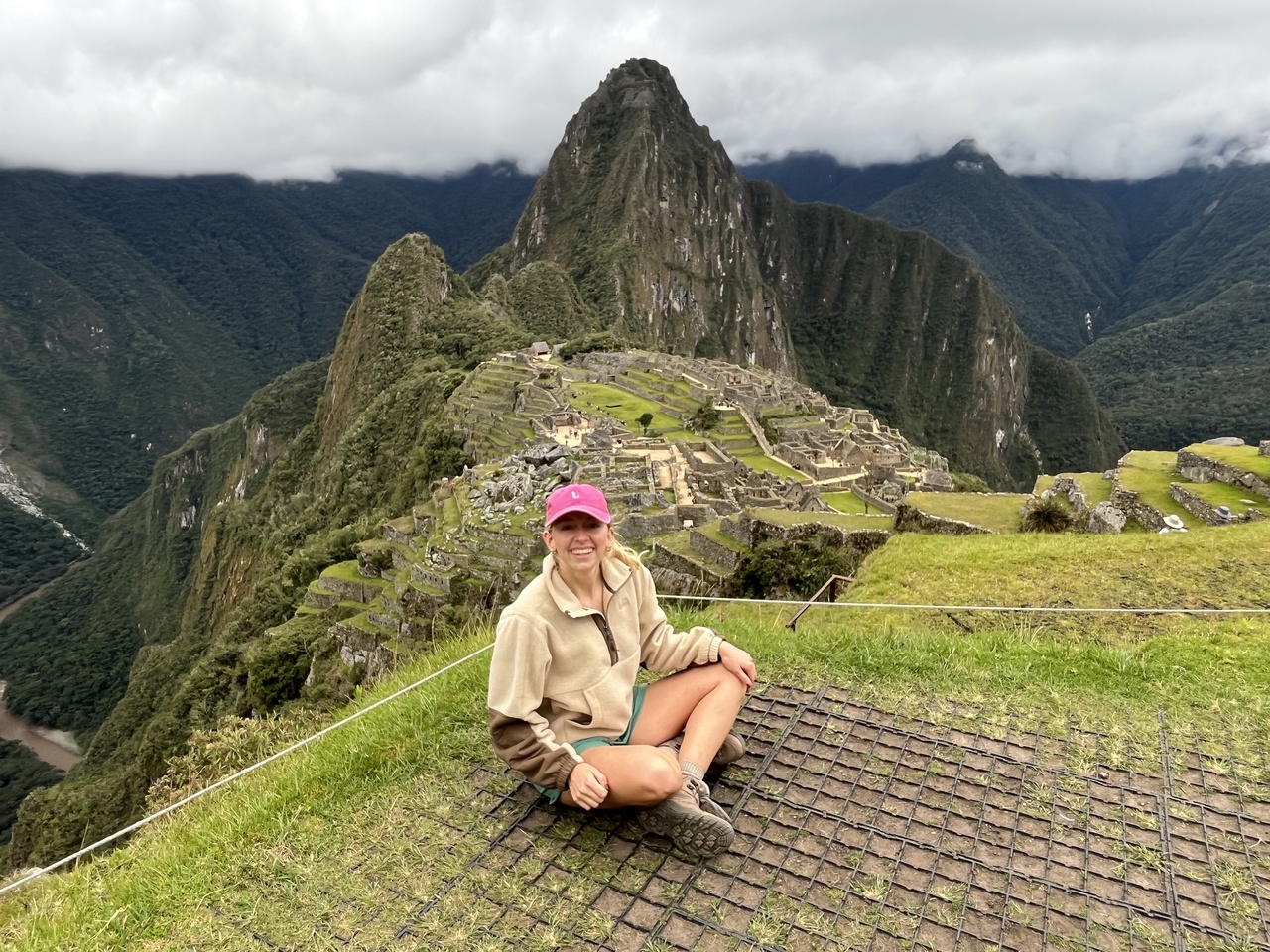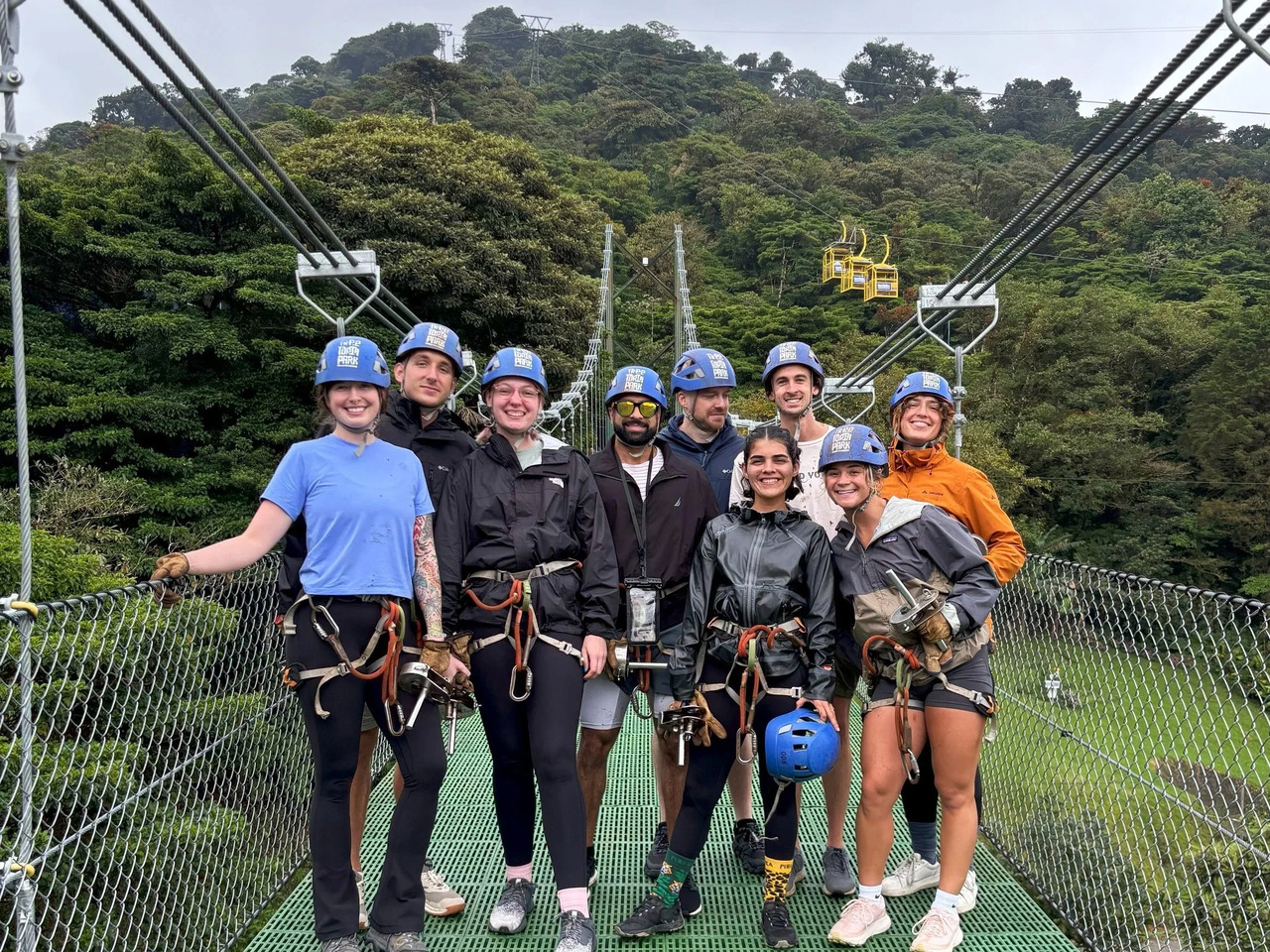

trips
TRIP STYLES

Trip Styles
What kind of experience are you craving?
.avif)
Slow Travel
Explore at a relaxed pace.

Festivals
Join in on local celebrations.

Hiking & Adventure
Get outside and stay active.

Quick Getaways
Make the most of your time off.

Budget Friendly
Travel well without overspending.

Most Popular
Trips our travelers love most.
why u30x

Why U30X
Small groups.
Real friendships.
Thoughtful trip design.
Real friendships.
Thoughtful trip design.





























.jpg)

















